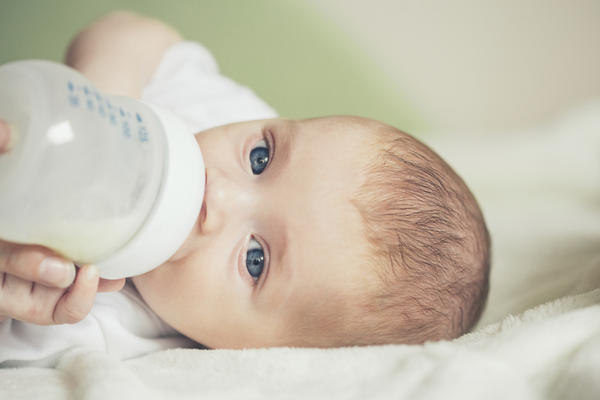Just being done with their pregnancy, women still have so many questions about their reproductive system and their health. Some women ask, Are you more fertile after delivery? Is there a scientific explanation to this? Some people say the opposite is true and you are not fertile for a short while after delivering your baby. So which statement is true? Let's find out more about it.
Are You More Fertile After Birth?
No, you are not – although it greatly depends on a number of factors too. Some women start ovulating soon after having a baby, and they are certainly fertile during that time, but that is not the case in general. Most women are less fertile after delivery. However, factors such as smoking, stress, weight, contraceptive choices, diet, and breastfeeding can affect the time it takes to have your menstrual cycles again.
No Breastfeeding
Even when you are not breastfeeding your baby, it is highly likely that your fertility returns in a few weeks of giving birth. Still, it is not always the case because some women do not have their periods for several months after delivery.


With Breastfeeding
Are you more fertile after birth? No, especially when you're breastfeeding. In case you are breastfeeding, you may not have your next period for long. The production of certain hormones delays ovulation. When you are breastfeeding, your body produces more of prolactin, which is essential for milk production. This hormone can interfere with the production of progesterone and estrogen, the hormones you need to become pregnant again. You cannot conceive if you do not ovulate, and you are less likely to ovulate when there is enough prolactin in the body, which actually suppresses the production of estrogen.
It is also found that progesterone levels go down in the second half of your cycle, which means that you may notice your luteal phase become too short. It means it will be very difficult for the embryo to implant, which is another reason why you are less likely to become pregnant soon after delivery.
You have to understand that you need enough estrogen to become pregnant, whereas progesterone is important to ensure a healthy pregnancy. However, prolactin levels may interfere with estrogen, which reduces your chances of ovulating. Even if you ovulate, your body may still produce less progesterone, which may lead to several pregnancy related complications.
Protection You Can Use
Are you more fertile after birth? No, you are not, but this does not mean there is no chance of becoming pregnant if you have unprotected sex after birth. The best way to prevent pregnancy after birth is to use a contraceptive. Many women rely heavily on breastfeeding, which works great for some women for the reason mentioned already. There are cases where women become pregnant after birth and have another baby within ten months of delivering. It means that so many factors can change how long it takes you to become fertile again.
To prevent pregnancy, you can try the following birth control options:
- Birth Control Pills: You can now find a variety of birth control pills in the market. Take your time and research a bit before taking the pill. You can also talk to your doctor about the effectiveness and risks of taking certain birth control pills.
- Depo Provera: Birth control pills are effective but need to be taken daily in most cases. You can save yourself from all the hassle by opting for this "injectable" form of birth control. It helps prevent pregnancy for several months. Be sure to talk to your doctor about the health risks associated with this form of birth control. You may want to try another method if you want to become pregnant in near future because your fertility may take a while to return after using this method.
- Spermicides: It is possible to find a variety of spermicides today, but not all of them are suitable for you. Be sure to talk to your doctor and also discuss it with your partner before using this option.
- Condoms: Using condoms is probably the simplest way of preventing unwanted pregnancy. Both male and female condoms are now available for added protection.
- Natural Method: You can prevent pregnancy by determining your cycles through charting. It means you should have sex on certain days when you are not ovulating. No ovulation equals no pregnancy!
While it is possible to become pregnant after birth, you should avoid taking the chance since it can cause certain complications for you and your baby. You may feel extremely tired – and things become worse when you are breastfeeding at the same time. Be sure to learn more about risks of becoming pregnant again after birth before you proceed any further.
